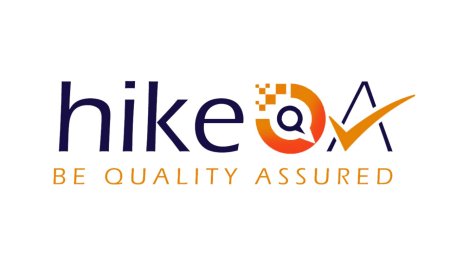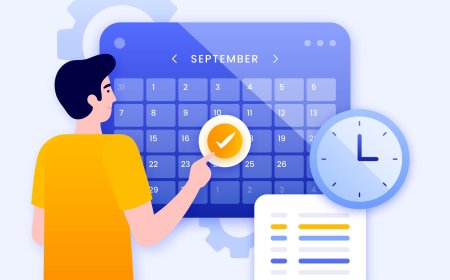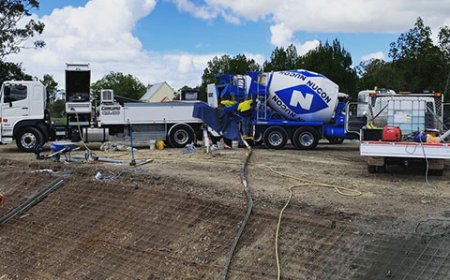Inside a Day at an ABA Therapy Center: What to Expect and Learn
When you walk into an ABA therapy center, the atmosphere may feel calm, organized, and focused on growth.

When you walk into an ABA therapy center, the atmosphere may feel calm, organized, and focused on growth. These centers are built to support children and individuals with developmental challenges like autism. In the middle of all the daily activities, the real magic of ABA Therapy happensusing science-backed strategies to help children learn, behave better, and become more independent in daily life.
A Warm Welcome to the Center
Children are greeted with friendly smiles and positive energy. The morning usually starts with a quick check-in and a familiar routine that helps each child feel safe and ready to begin.
Individual Plans for Every Child
Each child has a personalized treatment plan made by a Board-Certified Behavior Analyst (BCBA). This plan focuses on the childs unique strengths and areas where support is needed, like communication or self-help skills.
Learning Through Play-Based Sessions
Therapists use toys, games, and favorite activities to teach important life skills. For example, children may learn how to take turns, make eye contact, or use simple words during playtime.
Structured One-on-One Therapy
One therapist works closely with one child during most sessions. This helps the child stay focused and allows the therapist to give full attention to their progress and needs.
Small Group Activities Build Social Skills
Later in the day, kids may join group activities to practice sharing, talking to peers, and following group instructions. These sessions help prepare them for real-world settings like school or the playground.
Snack and Break Times
Regular snack and break times are part of the daily schedule. These moments help children recharge and also provide opportunities to practice mealtime manners or self-help tasks like opening a lunchbox.
Monitoring Progress Daily
Every session includes progress tracking. Therapists record what goals the child worked on and how they responded. This data helps the team see whats working and what needs adjustment.
The Role of the BCBA
The BCBA reviews data regularly and meets with the therapy team to update goals. They also meet with parents to discuss strategies that can be used at home for better results.
Parent Training and Involvement
Parents play a key role in a childs progress. Many centers offer parent training sessions, so families can learn how to support learning and positive behavior at home and in public.
Blending In Virtual ABA Options
Some centers now offer virtual aba sessions, especially for families who live far or have busy schedules. These sessions happen over video calls and include live interaction with therapists, following the same goals as in-person sessions.
Technology Makes Learning Fun
Tablets, learning apps, and other tools are often used to make sessions more interactive. For example, children may watch videos to learn about emotions or use an app to match colors and shapes.
A Typical End-of-Day Review
At the end of the day, therapists often meet with parents to provide a short update. They might share a small successlike a new word spokenor talk about what to work on next.
What Kids Take Home
Children go home with new experiences, skills, and sometimes even stickers or small rewards for their efforts. The consistency between home and center helps reinforce what they learned.
Teamwork Behind the Scenes
An ABA therapy center runs smoothly thanks to the teamwork of therapists, supervisors, administrators, and families. Everyone works together to support the childs development and celebrate progress, big or small.
Why Routine Matters in ABA
The day is carefully structured so kids know what to expect. This routine lowers anxiety and makes it easier for them to focus, learn, and participate in every part of the day.
Skills That Go Beyond the Center
ABA therapy isnt just about learning in a clinicits about building life skills that can be used anywhere. Whether its brushing teeth, asking for help, or playing with friends, these are skills that last a lifetime.
Preparing for School and the Future
ABA therapy centers often work on school-readiness skills like sitting at a desk, raising a hand, or following instructions. These skills help make the move to school smoother and more successful.
Celebrating Every Milestone
Every small achievement is celebratedwhether it's saying hi, making a choice, or using the bathroom independently. These moments build confidence in both the child and the family.
Final Thoughts
A day at an ABA therapy center is full of learning, growth, and support. Its a place where every child is seen, heard, and guided with care. From one-on-one sessions to virtual ABA options, each approach is designed to help children thrive.
ABA Therapy centers are not just about treatmenttheyre about creating brighter futures, one day at a time.






































































